18th March, 2020
By Jesper Åkesson and Sam Ashworth-Hayes
Share
Behavioural science and the UK coronavirus response
The British government’s initial response to the coronavirus outbreak was significantly out of step with the rest of the world. While Italy went into lockdown and Singapore introduced extensive social distancing measures, the UK opted to encourage citizens to wash their hands and stay home if they felt ill.
A rapid change in strategy followed when updated models showed that the initial response would be likely to end in hundreds of thousands of deaths, and the total overwhelming of the NHS. While part of the change in stance was generated by the realisation that modelling healthcare demands using experience with “viral pneumonia” was misleading, there are questions about the role behavioural science has played in the decision-making process.
We believe the government should make publicly available the assumptions and associated evidence base that drove its early strategy, to understand why this mistake was made, and to identify further errors before they are exposed by external circumstances.
Early reporting on the UK government’s measures suggested that “advisers specializing in behavioral psychology” were helping to steer the response, “shunning headline measures like travel restrictions and quarantines”. It was felt that “imposing restrictions too early in the outbreak” could lead to people “becoming fatigued and ignoring instructions when it matters”. This concept – “self-isolation fatigue” – was felt to risk people breaking the government’s rules at the peak of the crisis.
We now know – courtesy of Imperial College modellers – that suppression “will minimally require... social distancing of the entire population”, possibly “supplemented by school and university closures”.
We agree that understanding the response individuals have to policy measures is important in evaluating their efficacy. As the Imperial College team notes, “It is highly likely that there would be significant spontaneous changes in population behaviour even in the absence of government-mandated interventions”. Looking at the empty supermarket shelves and suspended football fixtures is a stark illustration of this point.
But we are concerned that excessive concern over behavioural fatigue may have led to the government delaying effective measures with a potentially significant human cost. It is not immediately clear what the evidence base for this decision was.
One member of the Scientific Pandemic Influenza Group on Behavioural Science pointed the Guardian towards two pieces of recent research; a “rapid review” in the Lancet, and a working paper from Dublin’s Economic & Social Research Institute.
The Lancet paper sets out the psychological impact of quarantine (while noting that the effects of not using it and “allowing disease to spread” might be worse), and recommends taking every possible measure to make it tolerable, including clarity about the length of measures.
The ESRI, meanwhile, notes that extending isolation “beyond initial suggestions can… increase non-compliance”, and also that emphasising “perceived negative consequences of isolation could hinder voluntary engagement”.
Neither paper gives a suggested length of measure, an analysis of the degree of non-compliance, or indeed a suggestion about when best to impose it. The government believes that the number of cases is doubling every five to six days, and has been for the last three to four weeks.
Under these assumptions, four weeks of inaction turn one case into 32. Early interventions can dramatically cut the total caseload if implemented well. The possibility of successively imposing and loosening restrictions is also open to the government.
It is all but certain that the government based its decision on evidence other than (or in addition to) these papers; both of them were published within the last month, and they would constitute a very slim evidence base for the concept of ‘isolation fatigue’ relative to the demonstrable effect of lockdown measures elsewhere.
We urge the government to make available the assumptions that drove its initial approach to combating the coronavirus outbreak. This includes the role behavioural science played in forming them, from ruling out measures and scenarios, to directly altering model inputs – if it indeed played a role at all. Understanding the evidence base behind the government’s decisions is vital in understanding whether valuable time to fight this virus was lost, and to avoiding future mistakes.
The Behaviouralist, its academic advisors, and its contributing staff members, have not been involved with any stage of the Government’s decision-making process.

